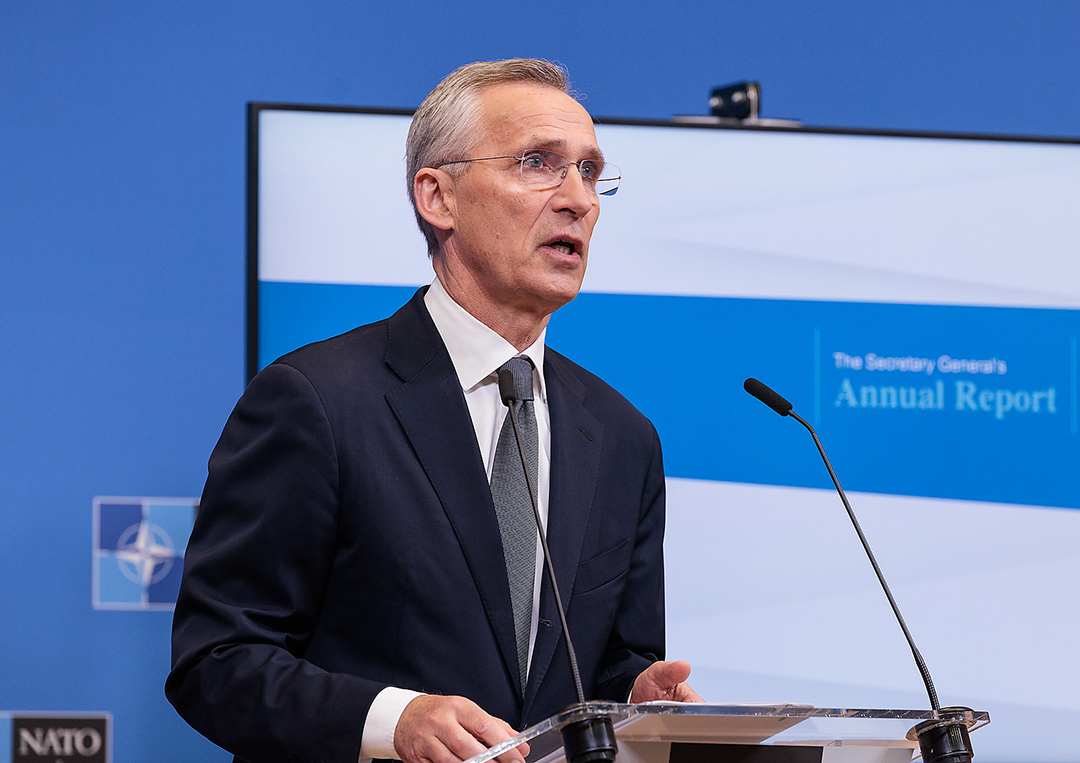Norway Rules Out Using Sovereign Wealth Fund to Guarantee EU Loan for Ukraine

Norway announced that it will not use its sovereign wealth fund to guarantee a loan to Ukraine.
The Gaze reports on it, referring to The Guardian.
Norwegian Finance Minister Jens Stoltenberg said that the country would not consider using its sovereign wealth fund as collateral for a potential EU loan to Ukraine.
According to him, although Oslo supports the European Union's efforts to find financial mechanisms to help Kyiv, using the national fund as the only reserve to cover legal risks “is not an option.”
This refers to Norway's sovereign wealth fund, the largest in the world, with assets of over $2 trillion, which is financed by revenues from the oil and gas industry. Some members of the Norwegian parliament have proposed using it to guarantee financial support to Ukraine, but the government has rejected the idea, fearing legal and political consequences.
Despite this, Stoltenberg stressed that Norway remains committed to supporting Ukraine and may participate in pan-European initiatives aimed at restoring and strengthening the Ukrainian economy.
After Russia launched a full-scale invasion of Ukraine in 2022, a significant amount of the Russian central bank's assets were frozen by Western countries.
The European Commission proposed not to use these assets directly, but to do the following: the assets remain frozen, and the liquid part or income from them is taken as collateral for the issuance of a so-called “reparation loan” to Ukraine. The plan is for the funds to go to support Ukraine, with repayment only occurring if Russia pays for the damage caused or is forced to return the assets.
Belgium is a key player in this issue, as most of the frozen Russian assets are held in the Belgian depository Euroclear. The country will not agree to the use of these assets without clear legal guarantees, as it may face lawsuits from Russia or be held liable for the return of the assets.
Due to Belgium's position, EU leaders have already postponed until December a decision on the use of proceeds from frozen Russian assets for financial assistance to Ukraine.
The European Commission is to prepare updated proposals for discussion at the December summit, and a final agreement is planned to be reached by the end of the year.
Read more on The Gaze: Belgium’s Cautious Stance on Russian Assets: Legal Paths to a Reparations Loan for Ukraine Remain Open